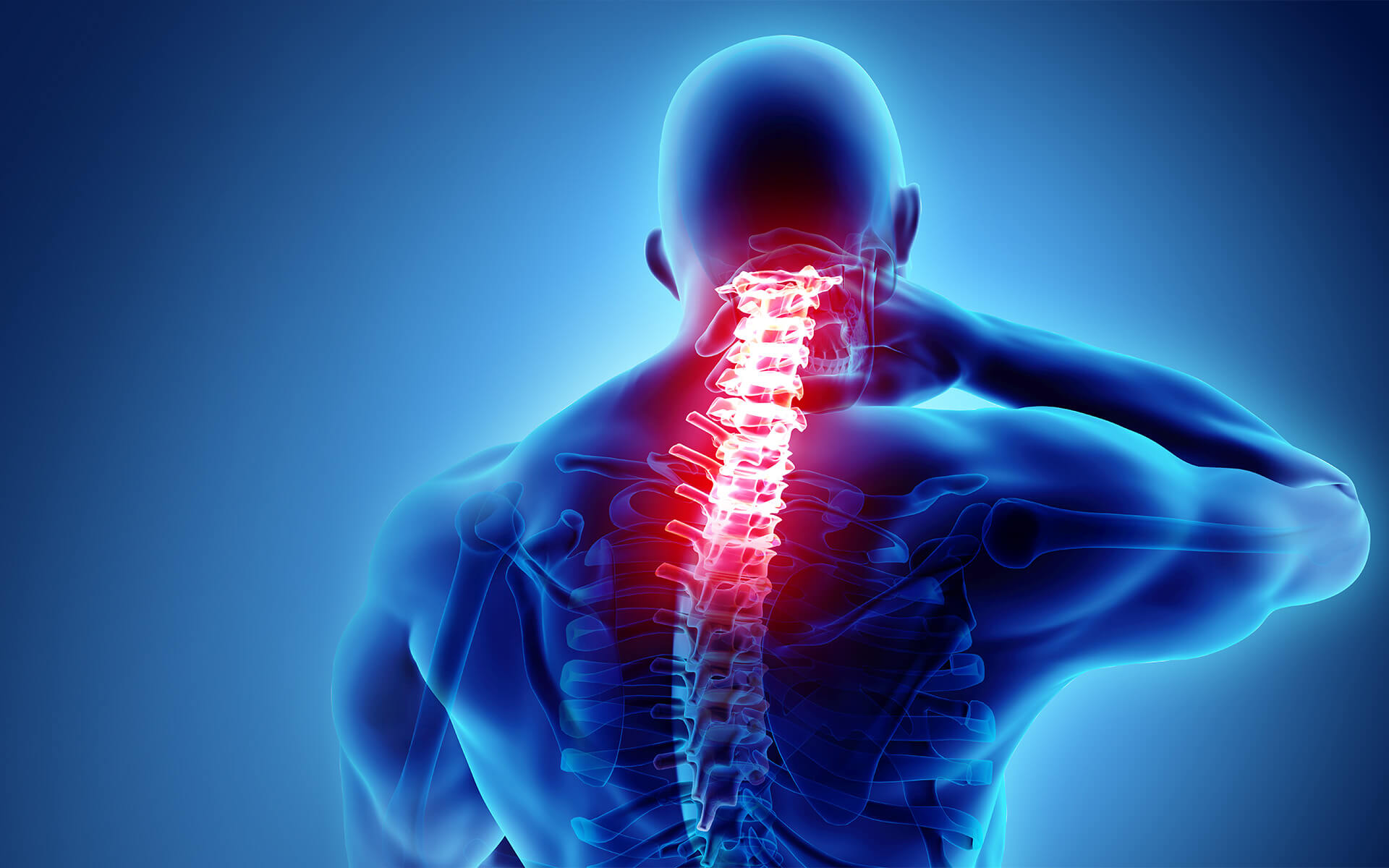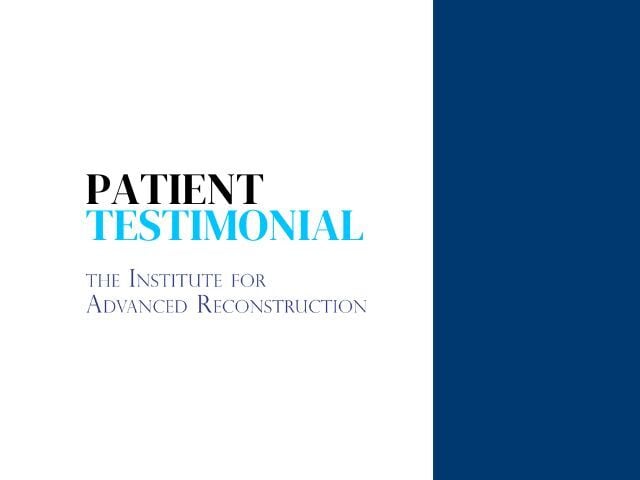Until recently, treatment options for phrenic nerve injury have been limited to either nonsurgical therapy or diaphragm plication, neither of which attempts to restore normal function to the paralyzed diaphragm. Many patients with phrenic nerve injuries have been told that they must simply learn to live with this deficit.
The Institute for Advanced Reconstruction is one of the only practices in the world to offer several groundbreaking procedures to treat diaphragm paralysis caused by phrenic nerve damage.
Phrenic nerve reconstruction
Developed by The Institute for Advanced Reconstruction physician Dr. Matthew Kaufman, this procedure is a world-class treatment for phrenic nerve injury to reverse diaphragm paralysis.
Dr. Kaufman is the only known expert in the world to perform phrenic nerve reconstruction surgery. He has completed nearly 800 successful diaphragm paralysis reversal surgeries, pioneering a new era of phrenic nerve injury treatment. Patients from around the world visit our practice to find relief and renewed hope.
Phrenic nerve breathing pacemaker surgery
In this procedure, surgeons implant a breathing pacemaker to control the diaphragm muscle. Electrodes are placed either around the nerves or directly into the muscle to cause an inhalation event.
The Institute for Advanced Reconstruction is one of the only places worldwide that performs diaphragm pacemaker implantation in select patients with unilateral or bilateral diaphragm paralysis due to phrenic nerve injury. We have vast experience in combining pacemakers with nerve reconstruction to optimize recovery in the most complex cases of diaphragm paralysis.
Diaphragm muscle replacement surgery
For some patients, phrenic nerve surgery and diaphragm pacemakers are not the right solutions, especially when the condition has been present for many years, or if the individual has previously undergone diaphragm plication. In these cases, we recommend diaphragm muscle replacement surgery. This procedure involves transferring healthy muscle from the patient’s body into the chest cavity, effectively replacing the irreversibly damaged diaphragm and restoring functional breathing activity.
In the past, the procedure had been limited to use in children with congenital diaphragm problems. Now, Dr. Kaufman and his team have found a way to offer it to both children and adults who experience diaphragm paralysis.







.jpg)













































